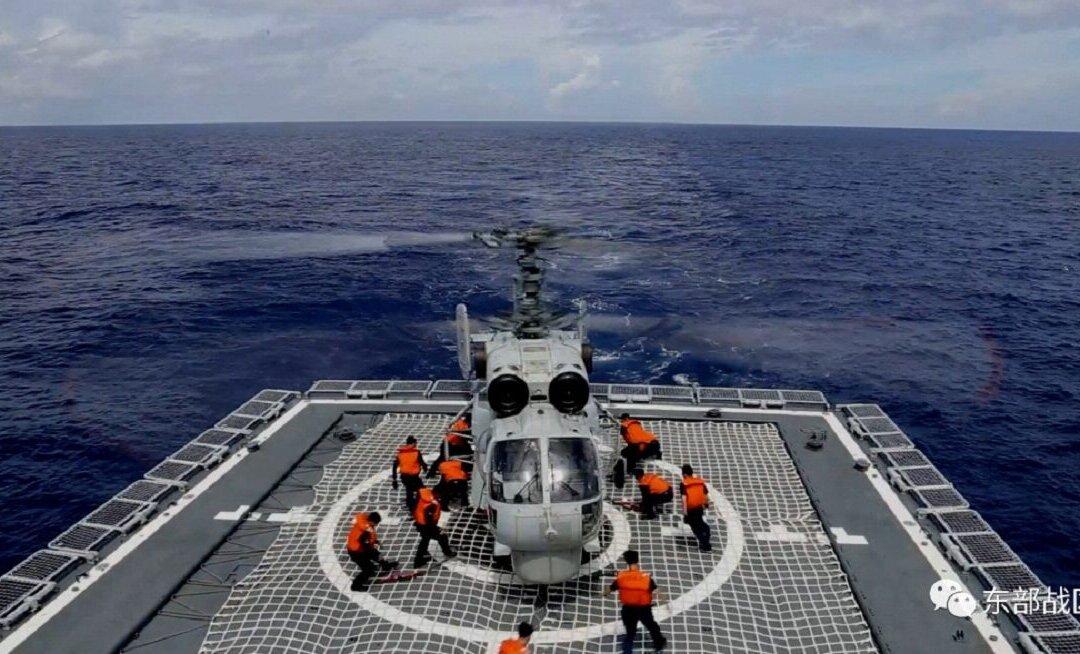TAIPEI—Taiwan said on Wednesday it would exercise its right to self-defense and counterattack if Chinese armed forces entered its territory, as Beijing increased military activities near the democratically governed island.
Beijing, which claims Taiwan as its own against the strong objections of the Taipei government, has held military exercises around the island this month in reaction to a visit to Taipei by U.S. House of Representatives Speaker Nancy Pelosi.





